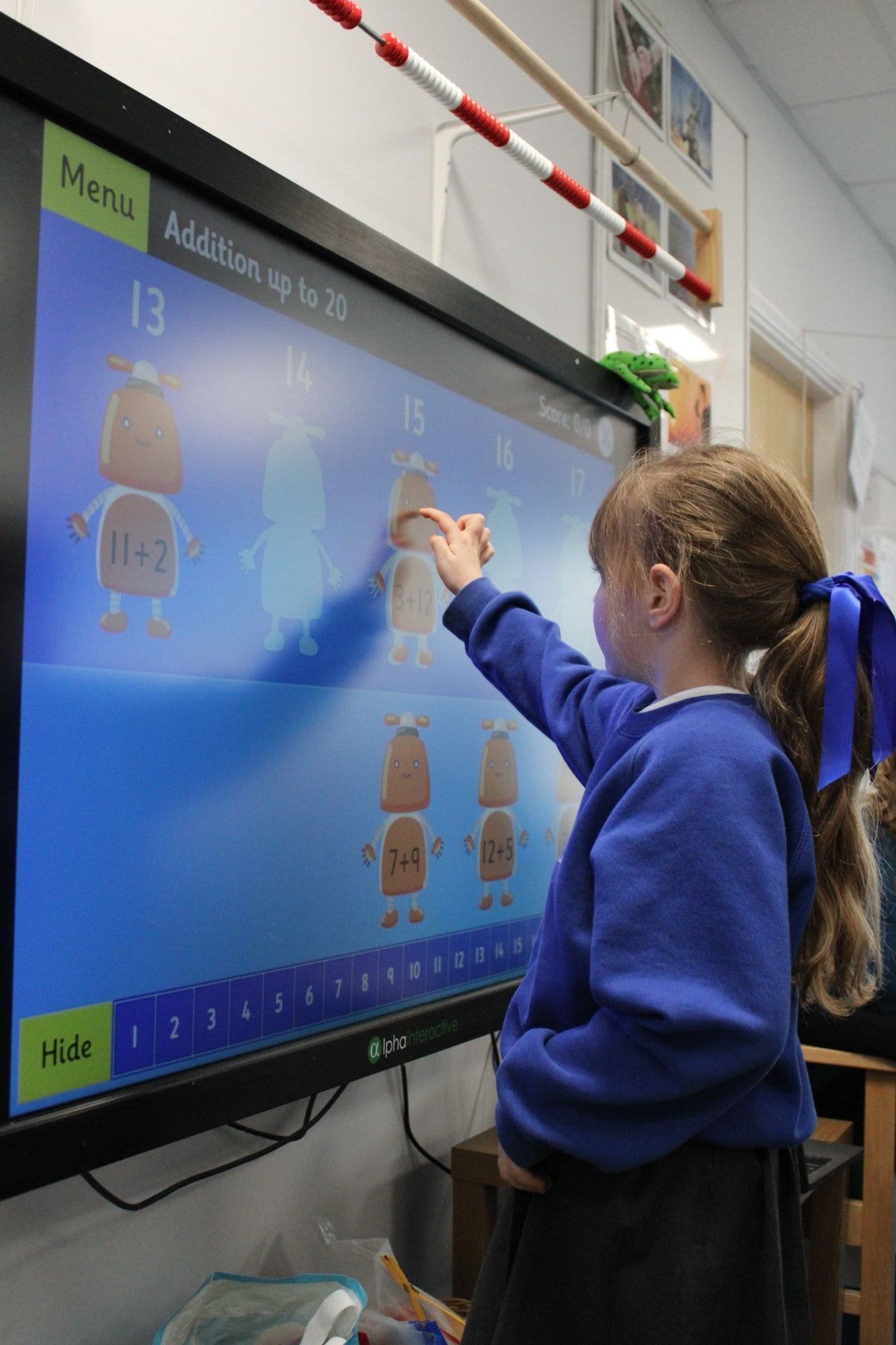Maths

Meet the Maths Lead
 I’m Miss Clanchy, and I’ve had the pleasure of leading maths at our school for the past three years. I have a real love of maths and its many applications across the curriculum. My goal is to inspire children to see the value of mathematics in everyday life. By guiding them through concrete, pictorial, and abstract representations, I believe all children can develop their fluency, problem-solving, and reasoning skills. I’m committed to making maths both enjoyable and accessible, so every child can build confidence and a deep understanding of the subject.
I’m Miss Clanchy, and I’ve had the pleasure of leading maths at our school for the past three years. I have a real love of maths and its many applications across the curriculum. My goal is to inspire children to see the value of mathematics in everyday life. By guiding them through concrete, pictorial, and abstract representations, I believe all children can develop their fluency, problem-solving, and reasoning skills. I’m committed to making maths both enjoyable and accessible, so every child can build confidence and a deep understanding of the subject.
Our Vision for Maths
Our maths curriculum reflects our school's Christian Vision, including the principles that everyone is different, everyone is special, and everyone is our neighbour. Pupils explore the universality of mathematics, fostering an appreciation for its role in our diverse world. We nurture every child’s unique potential by building confidence and fluency in problem-solving and logical thinking. By encouraging collaboration and the ethical use of mathematics, pupils learn to approach challenges responsibly, supporting fairness, sustainability, and the well-being of others.
Maths Teaching and Learning
At our school, we use White Rose Maths across all year groups to ensure that children are systematically introduced to new concepts and build a deep understanding through "small steps." This approach helps to develop a strong foundation of mathematical knowledge, with each lesson building on the previous one. To support this learning, we use concrete resources, providing hands-on opportunities for children to explore and internalise key ideas. We also place a strong emphasis on reasoning and problem-solving, encouraging all children to think critically and apply their mathematical skills to real-life situations. This approach ensures that every child can develop the confidence and fluency they need to succeed in maths.
Assessment in Maths
At St Andrew's, we believe that effective assessment is integral to ensuring all children make progress in mathematics. Assessment is an ongoing process that takes place in every lesson. Our teachers continuously check understanding through questioning, discussions, and reviewing children’s work. This allows us to identify any misconceptions and provide immediate support or challenge as needed.
In addition to daily formative assessments, we also use more formal assessments to track progress over time. Once each long term, children complete a standardised maths assessment called PUMA (Progress in Understanding Mathematics Assessment). This provides a standardised score, which supports our teacher assessments and helps us monitor attainment and progress across the school.
We keep parents informed of their child’s progress in mathematics throughout the year. A brief teacher assessment is shared in the January short report, and further insights are provided during the April parent-teacher meetings. A comprehensive summary of each child's progress, including their achievements in mathematics, is detailed in the full summer report.
Through this structured approach to assessment, we ensure that all children receive the support and challenge they need to develop their mathematical understanding and confidence.
